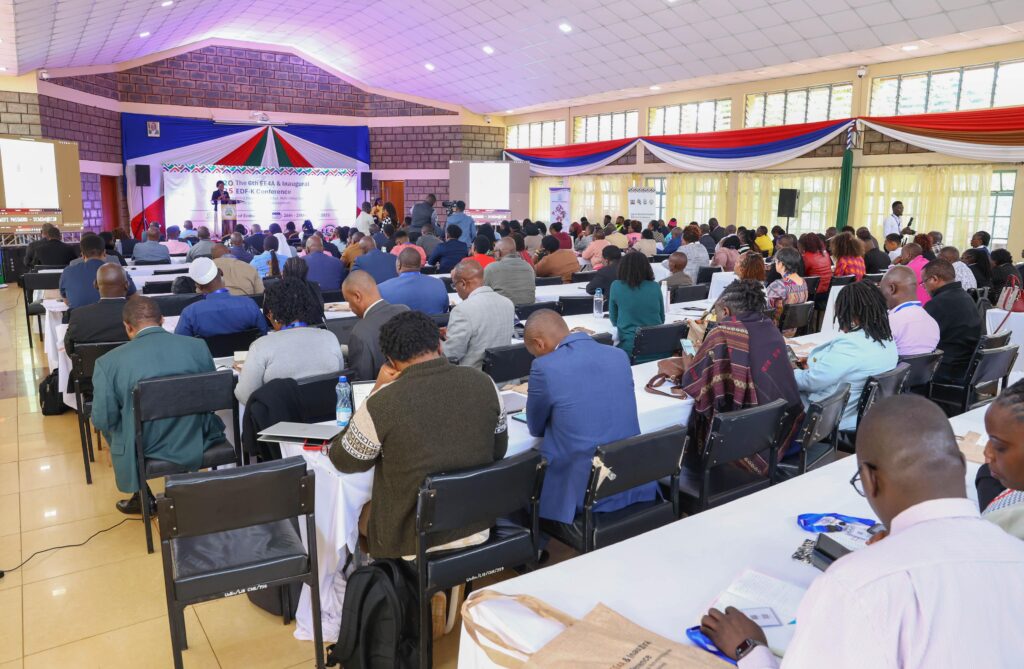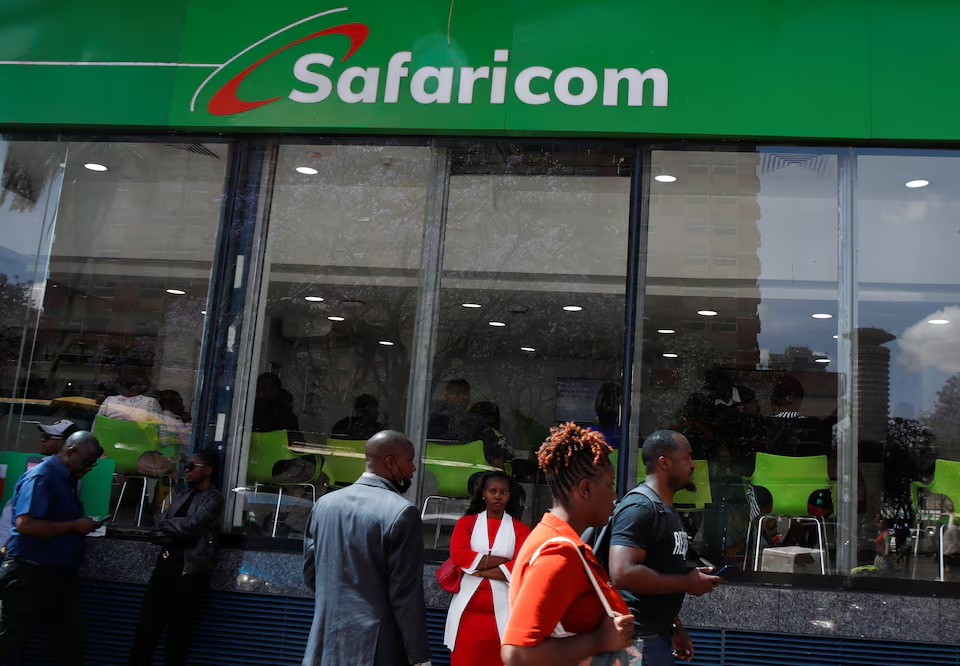A new literacy paper is calling for urgent, evidence-based action to address global learning poverty.
The paper, previewed ahead of its official launch at the ongoing 6th Biennial Education Evidence for Action (EE4A) and EDF-Kenya Conference at the University of Embu, recommends that governments translate evidence into policies that can be implemented in classrooms to close critical learning gaps.
The literacy paper was produced by the What Works Hub for Global Education (WWHGE), with the Global Education Evidence Advisory Panel (GEEAP) and the British Council as core partners.
Key highlights from the paper include:
- Foundational literacy is essential – without it, children are locked out of future learning opportunities.
- Evidence of what works already exists – structured pedagogy, teacher professional development, and targeted interventions can dramatically improve outcomes at scale.
- Partnerships accelerate impact – linking global evidence with local policy and classroom practice enables governments and partners to achieve sustainable learning gains.
The EE4A conference, organized by Zizi Afrique Foundation, serves as a platform where education stakeholders and researchers deliberate on critical issues and bridge the gap between research, policy, and practice.
At the event, WWHGE convened education leaders under the theme “Strengthening the Evidence Ecosystem: Building a Roadmap for Education Reform in Kenya.” The Hub emphasized its mission to translate rigorous global evidence, such as the GEEAP Literacy Paper, into government policy and classroom practice.
Through collaborations with ministries, teacher training institutions, and local organizations, WWHGE is helping countries adopt practical reforms that directly improve how teachers teach and how learners acquire foundational skills.
Together with the British Council’s Learning and Life for Global Education (LL4GE) initiative, the report underscores a powerful synergy: advancing literacy through evidence-driven reforms and holistic learner development.
Looking ahead, WWHGE and its partners will work with governments to embed these recommendations into national reform agendas, ensuring that every child, regardless of context, has access to proven strategies for acquiring foundational literacy and lifelong learning skills.






More Stories
Safaricom Share Sale Seen as Pathway to Jobs and Youth Opportunities
CoA overturns NG-CDF annulment, finds Senate input unnecessary
Kakuzi Expands Domestic Product Line to Offset Export Volatility